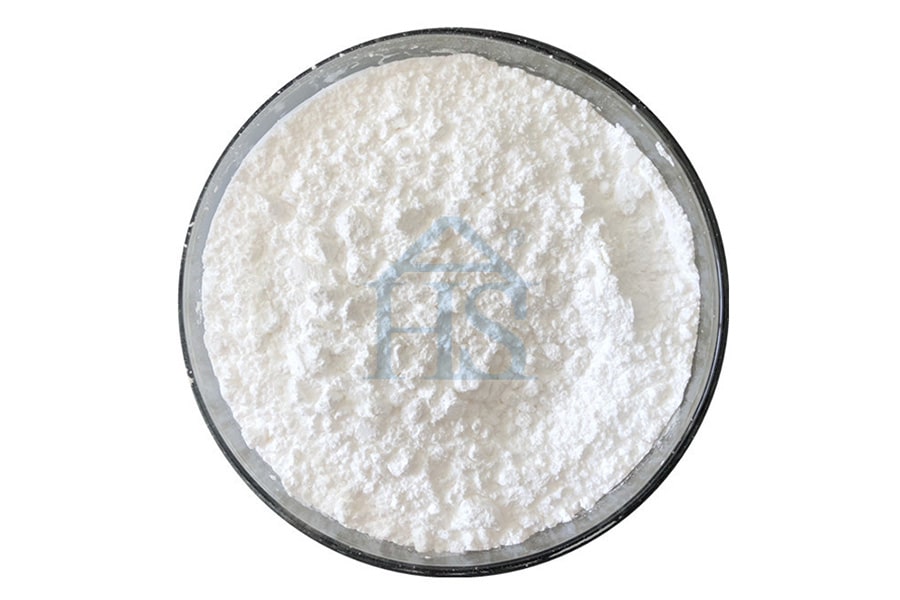The AASHTO M 307:2022 standard, published by the American Association of State Highway and Transportation Officials (AASHTO), specifies the requirements for silica fume (microsilica) used in cementitious mixtures, particularly for enhancing the performance of concrete. This standard ensures that silica fume meets quality and performance criteria necessary for use in construction projects, particularly in infrastructure.
Key Highlights of AASHTO M 307:2022:
1. Material Definition
Silica fume is defined as a byproduct of producing silicon or ferrosilicon alloys. It primarily consists of amorphous (non-crystalline) silicon dioxide (SiO₂) particles, typically smaller than 1 micron in diameter.
2. Chemical Composition Requirements
- Silicon Dioxide (SiO₂): Minimum percentage to qualify silica fume for use.
- Limits for impurities such as carbon, iron oxide, and alkalis.
3. Physical Properties
- Specific Surface Area: The high fineness of silica fume (measured by BET or similar methods) ensures its reactivity in cementitious mixtures.
- Bulk Density: Generally specified for handling and application purposes.
- Moisture Content: Controlled to prevent issues during storage and mixing.
4. Performance Criteria
Silica fume must demonstrate performance enhancements in concrete, such as:
- Improved compressive strength.
- Reduced permeability to water and aggressive chemicals.
- Increased resistance to chloride ion penetration and sulfate attack.
5. Quality Assurance Testing
Producers must conduct regular testing to ensure compliance with:
- Chemical analysis.
- Physical property measurements.
- Consistency in production to maintain uniform quality.
6. Applications
Silica fume conforming to AASHTO M 307:2022 is suitable for:
- High-performance and high-strength concrete.
- Bridge decks, parking structures, and marine environments requiring durability.
- Shotcrete applications.
7. Packaging and Storage
The standard specifies proper packaging and storage conditions to maintain the quality and reactivity of silica fume over time.
This specification aligns closely with ASTM C1240, the widely recognized standard for silica fume, ensuring interchangeability and compatibility across projects in different regions. For detailed technical data, you may need to access the full AASHTO M 307:2022 document.





